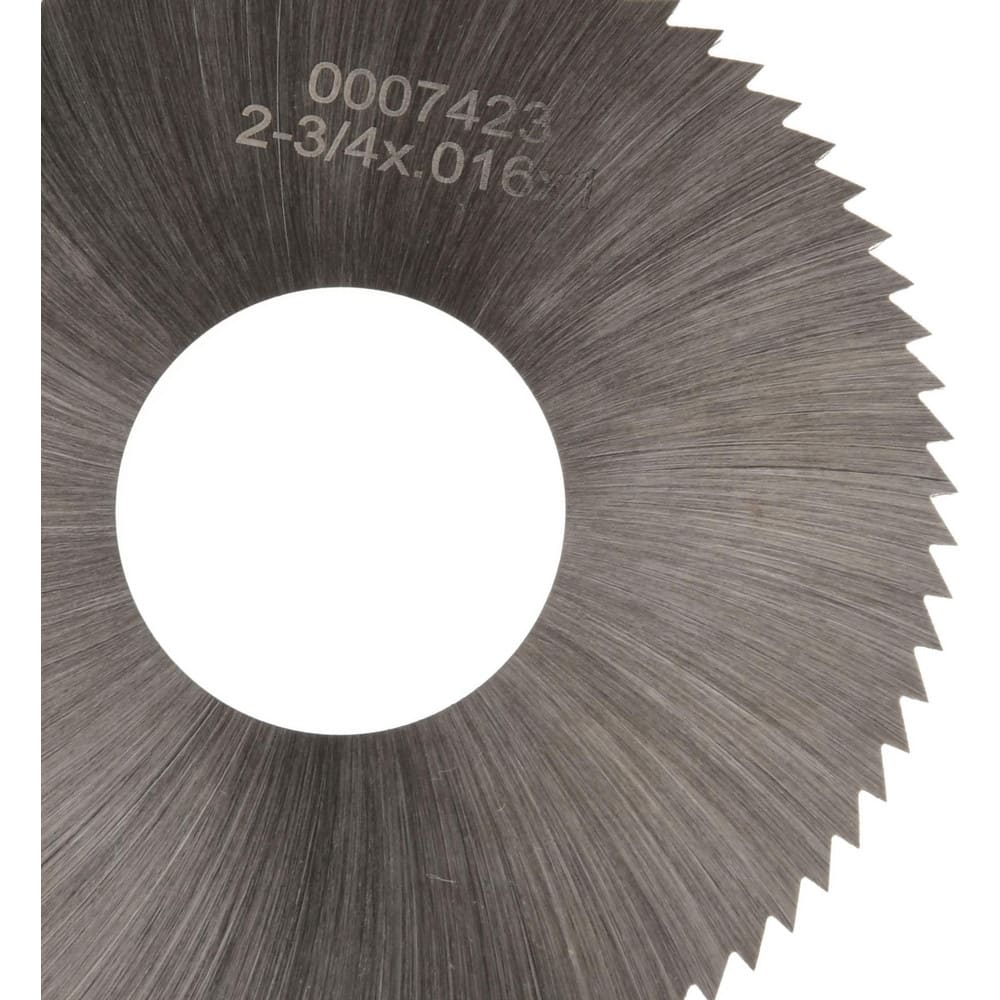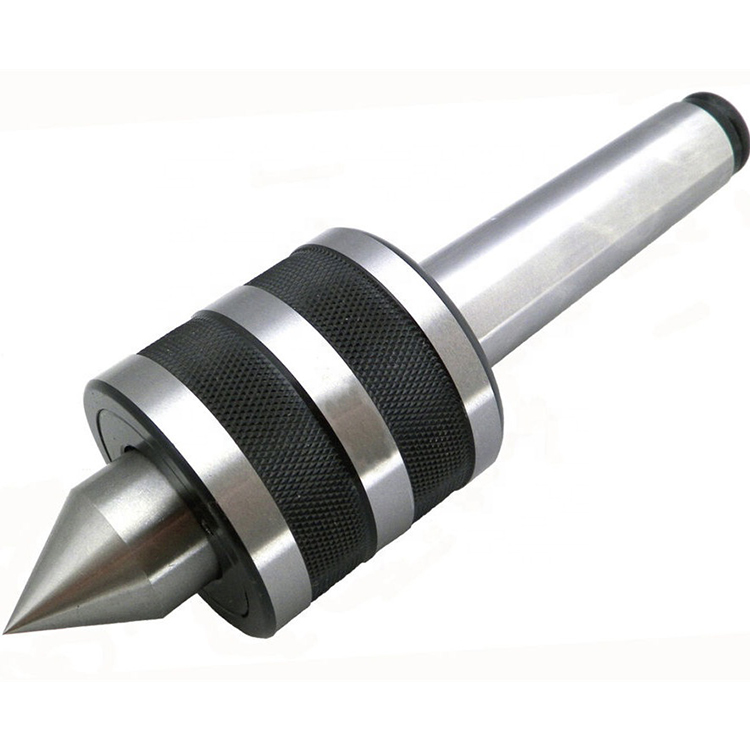Center Drill Supplier
Choosing the right center drill supplier is crucial for ensuring accurate and efficient hole creation in your machining projects. This guide covers essential factors to consider when selecting a supplier, including product quality, material selection, coating options, available sizes, and supplier reputation, ultimately helping you find the best center drill for your specific application.
Understanding Center Drills and Their Importance
Center drills, also known as Slocombe drills or combined drills and countersinks, are specialized tools designed to create a conical hole in a workpiece. This 'center' acts as a starting point for larger drills, preventing them from wandering and ensuring accurate hole placement. This process is also known as centering.
Why Use a Center Drill?
- Improved Accuracy: Center drills create a precise starting point, eliminating drill wandering and improving hole accuracy.
- Reduced Breakage: By providing a pilot hole, center drills reduce the strain on larger drills, minimizing the risk of breakage.
- Enhanced Finish: Center drills create a clean, burr-free entry point, improving the overall finish of the hole.
Key Factors to Consider When Choosing a Center Drill Supplier
Selecting the right center drill supplier is paramount to obtaining high-quality tools that meet your specific needs. Here’s a breakdown of the critical factors to evaluate:
1. Product Quality and Material Selection
The quality of the center drill directly impacts its performance and lifespan. Look for suppliers that offer tools made from high-speed steel (HSS), cobalt steel (HSCO), or solid carbide. Each material offers unique advantages:
- High-Speed Steel (HSS): HSS drills are a cost-effective option suitable for general-purpose drilling in softer materials.
- Cobalt Steel (HSCO): HSCO drills offer improved heat resistance and wear resistance compared to HSS, making them suitable for drilling harder materials like stainless steel and cast iron.
- Solid Carbide: Solid carbide drills provide the highest level of hardness, wear resistance, and heat resistance, making them ideal for high-volume production and machining abrasive materials.
2. Coating Options
Coatings enhance the performance and lifespan of center drills by reducing friction, improving wear resistance, and preventing chip adhesion. Common coating options include:
- Titanium Nitride (TiN): TiN coatings improve hardness and wear resistance, extending the life of the tool.
- Titanium Carbo-Nitride (TiCN): TiCN coatings offer even greater hardness and wear resistance than TiN, making them suitable for machining abrasive materials.
- Aluminum Titanium Nitride (AlTiN): AlTiN coatings provide excellent heat resistance, making them ideal for high-speed machining applications.
3. Available Sizes and Types
Ensure the center drill supplier offers a wide range of sizes and types to meet your specific application requirements. Standard sizes are defined by ANSI standards and often referred to by a number (e.g., #1, #2, #3). Types include:
- Standard Center Drills: Feature a short, rigid design for creating precise center holes.
- Combined Drill and Countersinks: Create a center hole with a countersink in a single operation.
- Long Series Center Drills: Used for reaching difficult-to-access areas.
4. Supplier Reputation and Customer Service
Research the center drill supplier's reputation and customer service record. Look for suppliers with a proven track record of providing high-quality tools and excellent customer support. Check online reviews and testimonials to gauge customer satisfaction. Consider suppliers like Wayleading Tools who prioritize customer needs.
5. Price and Availability
While quality should be the primary consideration, price and availability are also important factors. Compare prices from different suppliers and ensure the tools are readily available to avoid delays in your production schedule. However, don't sacrifice quality for a lower price, as inferior tools can lead to inaccurate holes, tool breakage, and increased downtime.
Types of Center Drills
Understanding the different types of center drills is essential for selecting the right tool for your specific application.
1. Standard Center Drills
Standard center drills feature a short, rigid design and are used for creating precise center holes. They are available in various sizes and materials to suit a wide range of applications.
2. Combined Drill and Countersinks
Combined drill and countersinks create a center hole with a countersink in a single operation. They are commonly used for preparing holes for screws and bolts.
3. Long Series Center Drills
Long series center drills are used for reaching difficult-to-access areas. They feature a longer shank and overall length compared to standard center drills.
Choosing the Right Center Drill Size
Selecting the correct center drill size is crucial for creating accurate and functional center holes. The size of the center drill should be slightly larger than the diameter of the pilot drill that will be used for subsequent drilling operations. Refer to a center drill size chart for specific recommendations.
Tips for Using Center Drills Effectively
To maximize the performance and lifespan of your center drills, follow these tips:
- Use the correct cutting speed and feed rate: Refer to the manufacturer's recommendations for optimal cutting parameters.
- Apply cutting fluid: Cutting fluid helps to cool the tool and workpiece, reducing friction and preventing chip adhesion.
- Maintain the tool: Regularly inspect your center drills for wear and damage. Sharpen or replace dull tools as needed.
- Secure the workpiece: Ensure the workpiece is securely clamped to prevent movement during drilling.
Finding a Reliable Center Drill Supplier Online
Many reputable center drill suppliers operate online, offering a wide selection of tools and convenient ordering options. When searching for a center drill supplier online, consider the following:
- Website credibility: Look for a professional-looking website with detailed product information, customer reviews, and secure ordering options.
- Product selection: Ensure the supplier offers a wide range of center drills in various sizes, materials, and coatings.
- Shipping and return policies: Review the supplier's shipping and return policies to ensure they are reasonable and customer-friendly.
- Customer support: Check for contact information and customer support options, such as phone, email, or live chat.
Center Drill Size Chart Example
The following table provides a general guideline for selecting center drill sizes. Always consult the manufacturer's recommendations for specific applications.
| Drill Size Number | Body Diameter (inches) | Drill Diameter (inches) |
|---|---|---|
| #1 | 1/8 | 1/32 |
| #2 | 3/16 | 3/64 |
| #3 | 1/4 | 1/16 |
| #4 | 5/16 | 5/64 |
| #5 | 3/8 | 3/32 |
| #6 | 1/2 | 7/64 |
| #7 | 5/8 | 1/8 |
| #8 | 3/4 | 5/32 |
Source: General guidelines based on industry standards. Always refer to the manufacturer's specifications.
Conclusion
Choosing the right center drill supplier and selecting the appropriate center drill are critical for achieving accurate and efficient hole creation in your machining projects. By considering the factors outlined in this guide, you can find a reliable supplier and obtain high-quality tools that meet your specific needs. Remember that investing in quality tools from a reputable supplier like Wayleading Tools will ultimately save you time and money in the long run.
Related products
Related products
Best selling products
Best selling products-
 5C Hex Collet With Inch and Metric Size
5C Hex Collet With Inch and Metric Size -
 Deburring Tool Holder For The Deburring Tool Blades
Deburring Tool Holder For The Deburring Tool Blades -
 Precision Vernier Caliper With Nib Style Jaws Of Metric & Imperial For Industrial
Precision Vernier Caliper With Nib Style Jaws Of Metric & Imperial For Industrial -
 25PCS DIN338 HSS Twist Drill Bit Set From 1-13mm
25PCS DIN338 HSS Twist Drill Bit Set From 1-13mm -
 DIN6537L Metric Solid Carbide Twist Drill With Internal Coolant & External Coolant
DIN6537L Metric Solid Carbide Twist Drill With Internal Coolant & External Coolant -
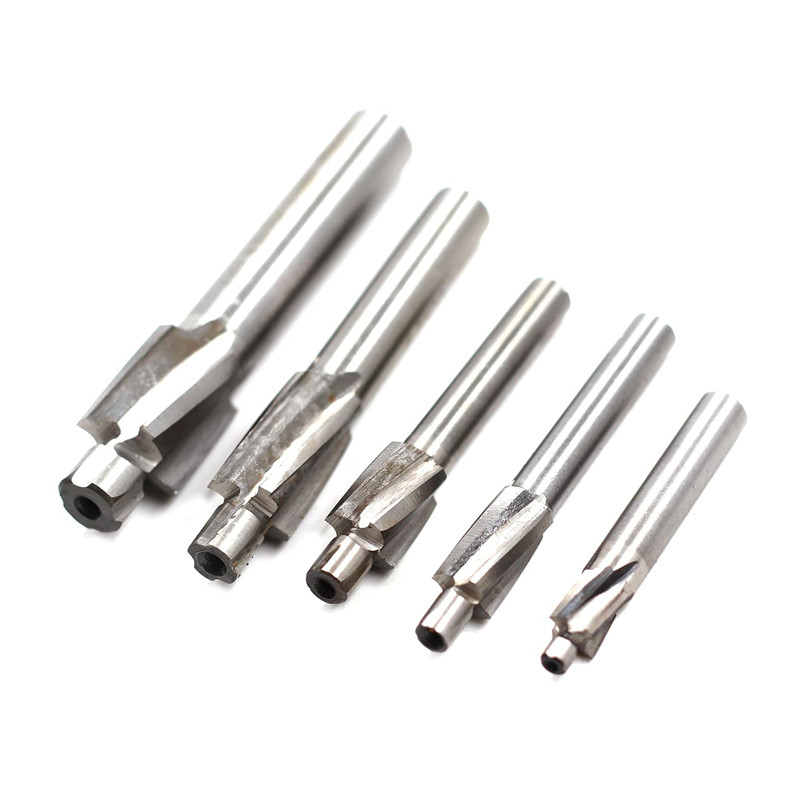 3 Flutes HSS Counterbore Drill Bit With Metric And Inch Size
3 Flutes HSS Counterbore Drill Bit With Metric And Inch Size -
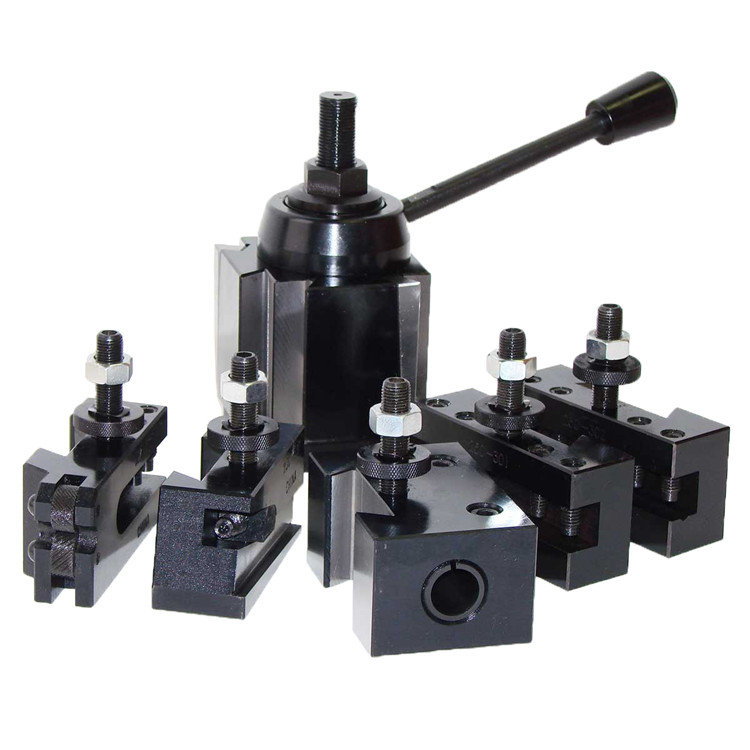 Wedge Type Quick Change Tool Post Set In lathe Machine
Wedge Type Quick Change Tool Post Set In lathe Machine -
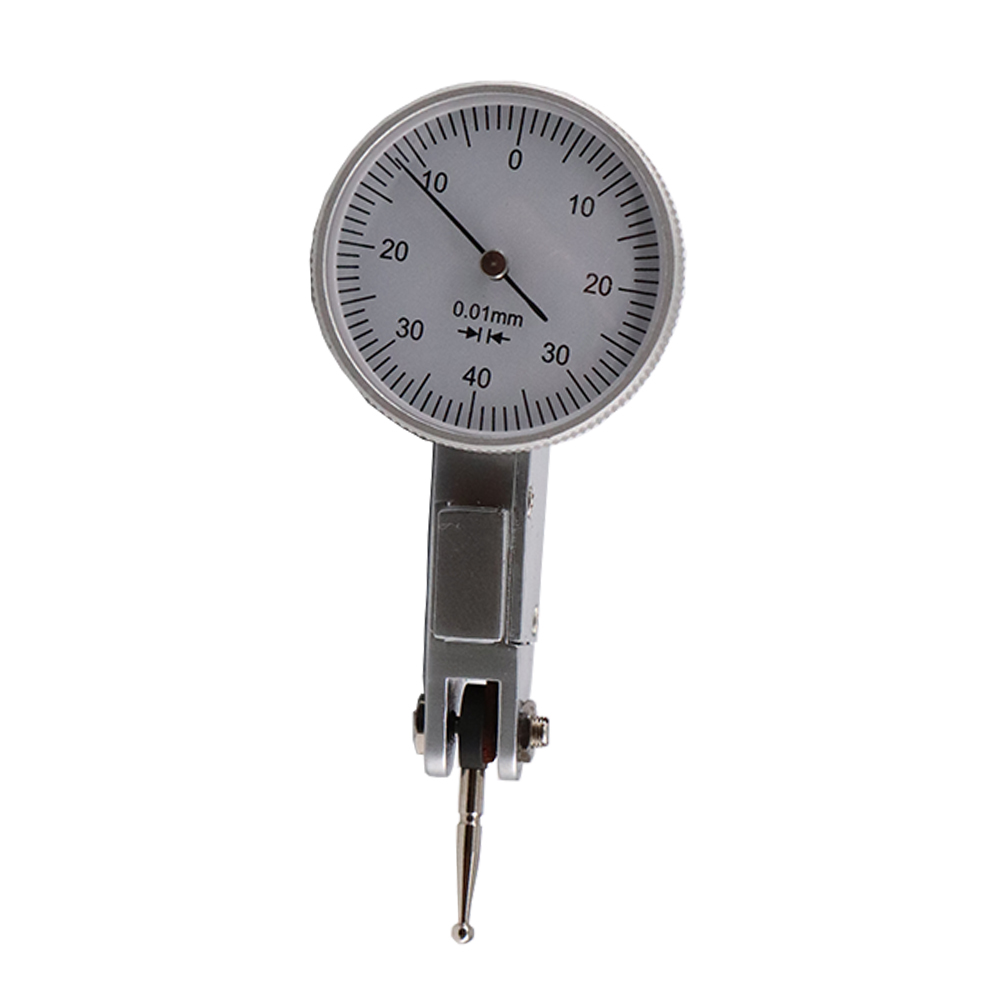 Precision Dial Test Indicator Gage For Industrial
Precision Dial Test Indicator Gage For Industrial -
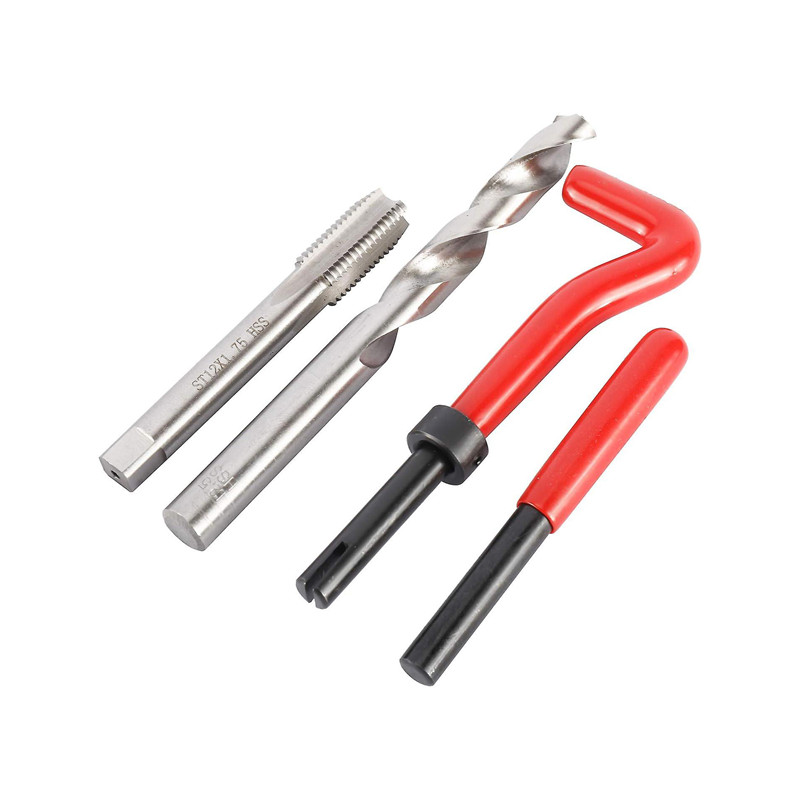 131PCS Thread Repair Set And Helicoil Type Thread Repair Set
131PCS Thread Repair Set And Helicoil Type Thread Repair Set -
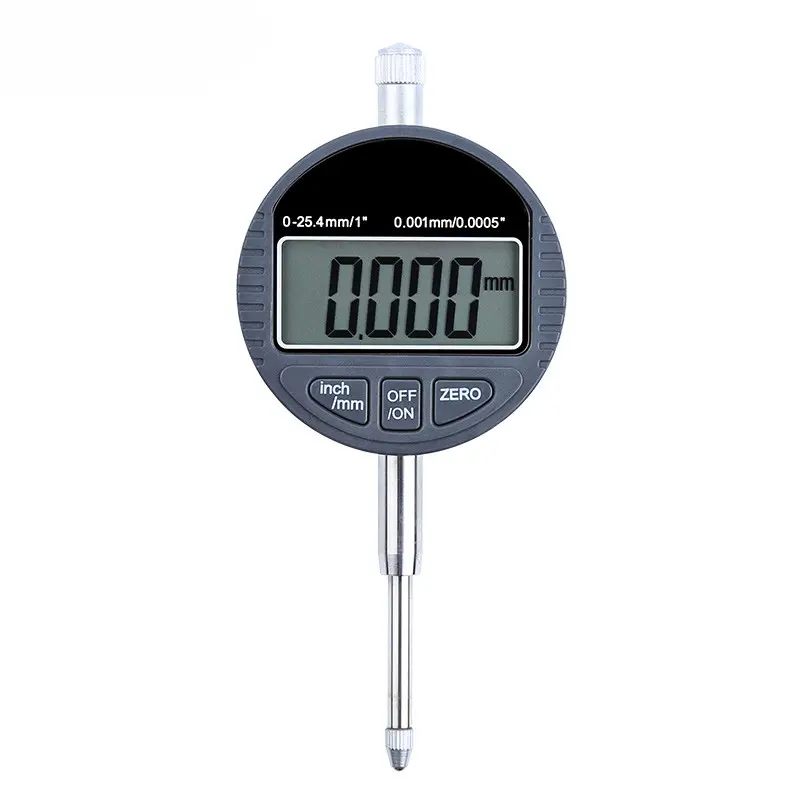 Precision Digital Indicator Gage For Industrial
Precision Digital Indicator Gage For Industrial -
 Electronic Digital Height Gauge From 300 to 2000mm
Electronic Digital Height Gauge From 300 to 2000mm -
 HSS Metric Square Tool Bit With Industrial Type
HSS Metric Square Tool Bit With Industrial Type

